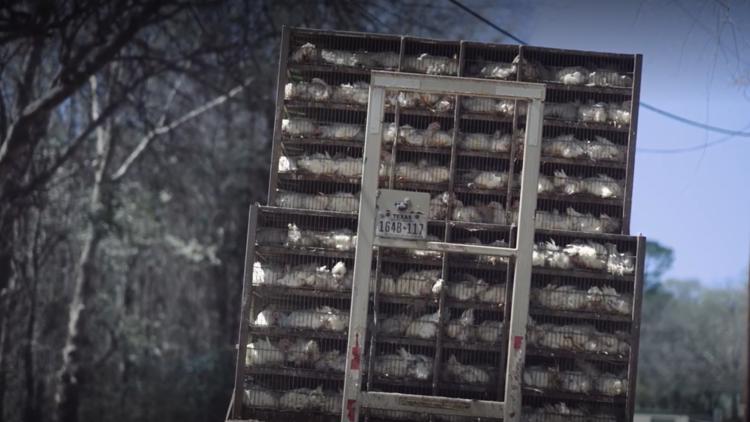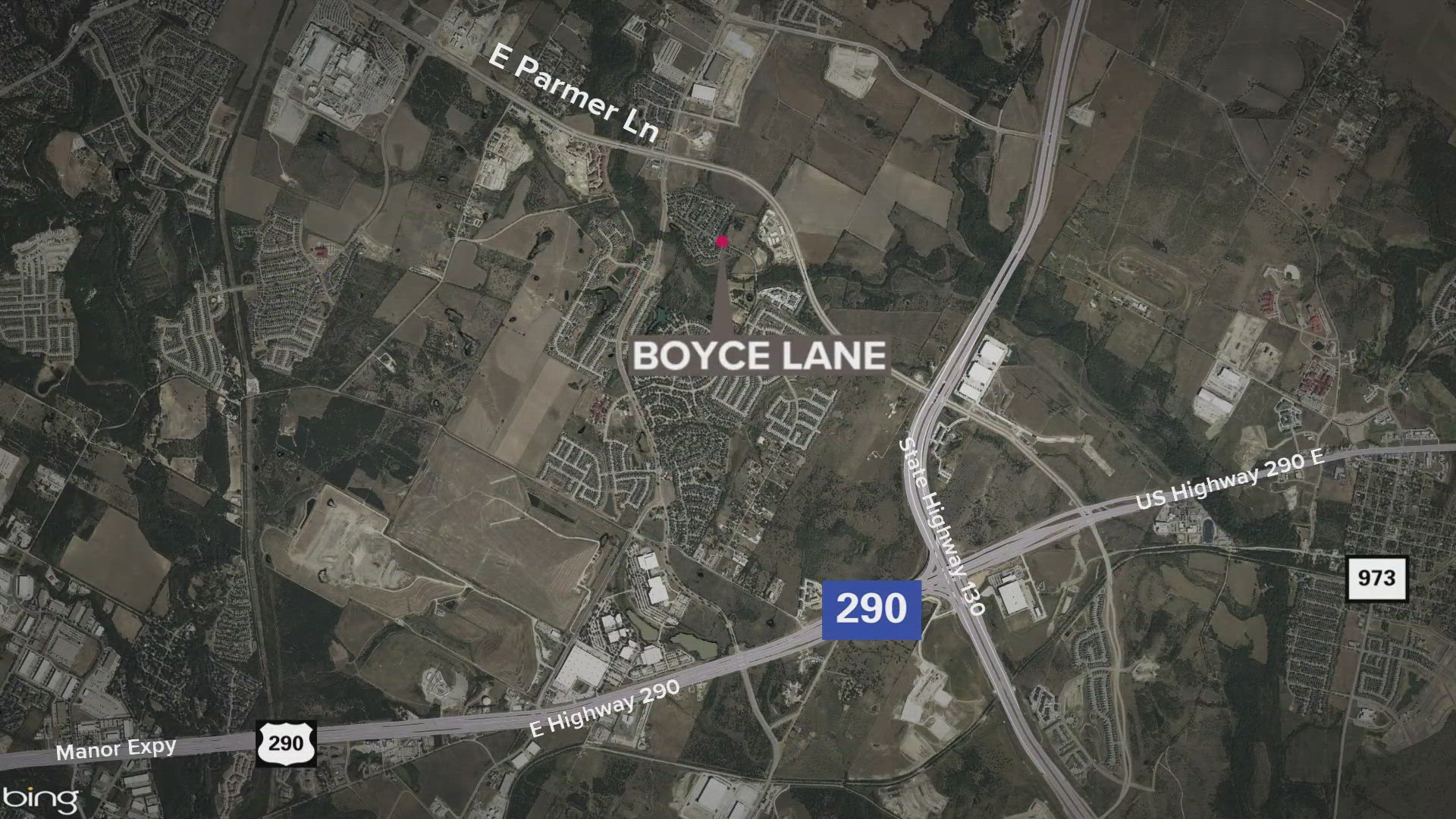HENDERSON COUNTY, Texas — The Texas Supreme Court has concluded that eight Henderson County landowners are entitled to a permanent injunction from the nuisance of odors from two chicken farm operators.
However, the Supreme Court also ordered that the trial court modify the scope of its injunction that “effectively shut down the farms.”
A Henderson County trial court had issued an injunction that required the chicken operators to reside five miles from the landowners’ properties.
The farm owners and operators, and their chicken supplier, Sanderson Farms, had appealed the case, alleging the trial court abused its discretion when ordering an injunction that was “overly broad.”
In May 2022, WFAA featured several of the landowners in a TV report.
The court heard oral arguments this past October.
Wallace Jefferson, a former Texas Supreme Court justice, represented the company during the hearing.
He argued that the court had “never in its history found that a permanent injunction is the remedy for a temporary nuisance.” He also said that the appropriate remedy would have been monetary damages.
“There was an adequate damage remedy that they didn’t seek,” Jefferson told the court. “The injunction should be dissolved, and the judgment should be a take nothing judgment in favor of Sanderson Farms and the other petitioners.”
He told the justices that if the nuisance occurred again, then the landowners could file suit again.
Justice Debra Lehrmann pointed out that Sanderson Farms and its operators had said that they did not plan to change the way they operated the chicken farms, which means “under your theory” they would “have to get used to coming back to the court time and time again and time again to ask for another temporary injunction.”
A Henderson County jury had found that odors from the farms were a temporary nuisance, with “conclusive evidence of imminent or continuing harm to support an injunction,” according to the Supreme Court order.
The neighbors testified that odors made them physically ill, spoiled family activities, and destroyed their use and enjoyment of their properties. They recorded hundreds of odor events on their properties in odor logs, and the Texas Commission on Environmental Quality documented odor conditions as well as hundreds of complaints from residents in the area, according to trial court testimony.
The jury awarded each of the landowner’s seven properties, ranging from $65,000 for Tanya Berry to $3,510,000 for Frank and Mersini Blanchard, for an aggregate total of $5,986,500 in lost market value. However, instead of accepting the award, the landowners asked for a permanent injunction.
In the appeal, the Supreme Court found that the odors were “occasional, irregular, [and] intermittent,” but that “does not contradict the court’s determination of imminent harm based on undisputed evidence that the nuisance will intermittently continue…”
The Supreme Court also found the neighbors “not only testified that the fetid odors were ever-present and the risk of sudden stenches destroyed their ability to plan and enjoy outdoor activities, they also presented the jury with their logs documenting 330 instances of nuisance odors, and Defendants’ own expert detected an odor of chicken manure 136 times over forty-four days of conducting readings.”
The Supreme Court order said the chicken farm owners principal position at trial was that “their operations did not cause any nuisance at all . . . they will continue to conduct their activities in the future in exactly the same way they have done in the past.”
However, the Court concluded that “the trial court acted arbitrarily in selecting five miles from the Neighbors’ properties as the relevant distance for the injunction’s geographic scope.”
The Court said state regulations seek to protect residents within one-quarter to one-half mile. The Court also found that the landowner’s “expert did not conduct any studies or offer any conclusions regarding an appropriate distance for the volume of Defendants’ operations.”
The landowner’s attorney, Allen Gardner of Tyler, declined comment.
But Ted Lyon, who represents landowners in other lawsuits filed against Sanderson Farms in East Texas, hailed the ruling.
“This is a great day for rural landowners in East Texas,” Lyon said. “The decision by the Supreme Court in this case means that Texas landowners, in particular rural landowners, have a cause of action against these out of state chicken-production companies that have come in here and violated all kinds of environmental laws.”
WFAA also contacted Sanderson Farms for comment.



